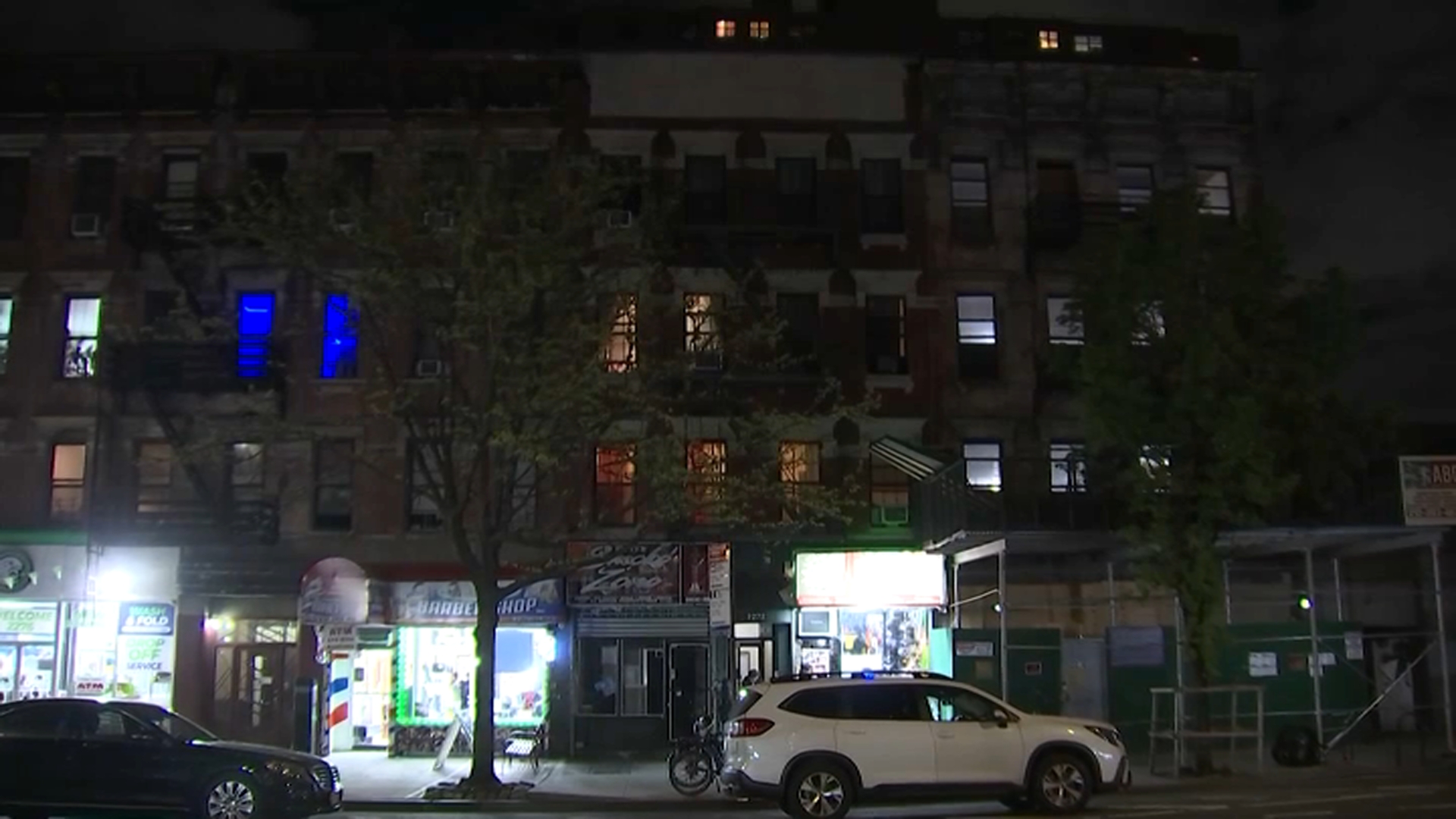What to Know
- 11-year-old Briana Ojeda died from an asthma attack in 2010 after a police officer wasn't able to perform CPR on her
- Her family has been fighting for years to make sure every officer is certified in CPR
- Cuomo said the new law will "give law enforcement the training and the tools that will help save lives"
Gov. Cuomo has signed legislation requiring police officers in New York to receive CPR training after an 11-year-old Brooklyn girl died when an officer wasn’t able to resuscitate her seven years ago.
Briana’s Law was signed by Cuomo on Sunday. It requires state police and NYPD candidates and officers to receive CPR training prior to graduation and every two years thereafter.
The law is named after Briana Ojeda, an 11-year-old girl who suffered a life-threatening asthma attack while playing at a city playground in August 2010. Briana’s mother, Carmen Torres, was rushing to get her daughter to a hospital when she was pulled over by an NYPD officer for driving the wrong way down a street.
Torres told Officer Alfonso Mendez that her daughter wasn’t breathing and begged him to give the girl mouth-to-mouth. She says he told her he didn’t know CPR and then delayed her from continuing on to a hospital. By the time Briana received medical treatment, it was too late to save her life.
"She would be alive if he was trained properly, Torres told NBC 4 New York.
Local
The bill changes the requirement and practice for the NYPD, which is not currently required to complete CPR training and recertification. The new law reinforces the current practice of state troopers, who are required to complete CPR training and recertification every two years, the governor’s office said.
Currently, NYPD officers can get trained at the academy but it isn't mandatory and they don't have to get retrained.
The new law goes into effect on Oct. 26, 60 days from when it was signed.
"In shock and happy at the same time, 'cause we know now that no other family will go through the life we're living now," Briana's father, Michael Ojeda, said.
CPR is a life-saving technique that keeps oxygenated blood flowing to the brain and other vital organs when a person’s breathing or heartbeat has stopped.
Briana's family had since filed a civil suit against the city, former Police Commissioner Ray Kelly and NYPD Officer Mendez, claiming the officer's actions violated their constitutional rights and contributed to their daughter's death.
In 2012, a lawyer for the city said in court that while he sympathized with the family's loss, the claims in the lawsuit were unjustified. The city asked that the judge throw out the suit, saying it was not an officer's duty to administer CPR.
The Ojeda family said at the time that regardless of the judge's ruling, they would continue to fight to get every officer certified in CPR, so no other familiar ever experiences a similar tragedy.
In 2016, a Brooklyn judge ultimately dismissed the case the family had brought against the city and the NYPD officer, because there was no law that required the NYPD to be routinely trained in CPR.
Briana's family said Sunday they've achieved their only goal: changing the law. They say the passing of the legislation makes their daughter a guardian angel and brings meaning to a senseless tragedy.
"We need to know that when we call our NYPD and they need to administer CPR that they are ready, willing and able," Torres said. "That was our goal and we succeeded in this goal."



